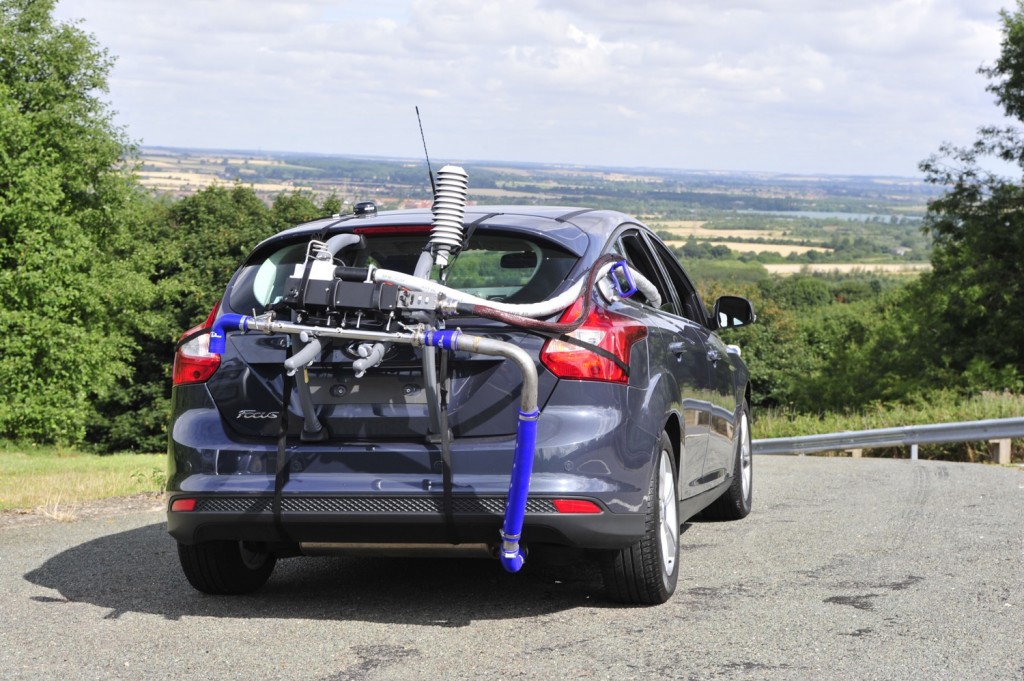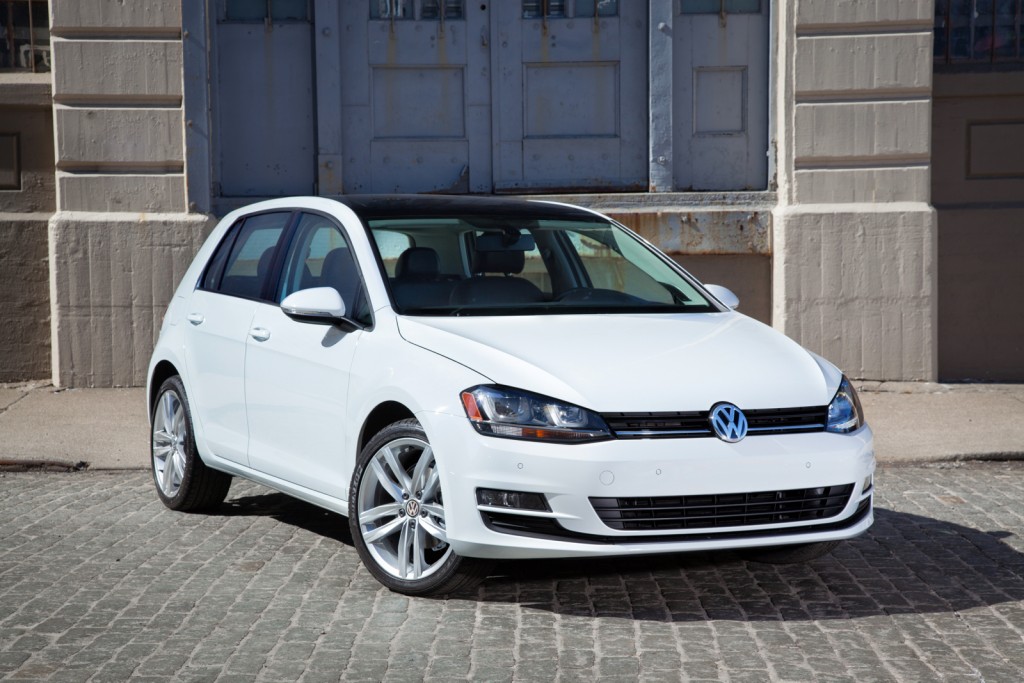Even with a new leader apparently at odds with its mission, the Environmental Protection Agency continues to function on some level.
On Thursday, EPA administrator Scott Pruitt said carbon dioxide released by human activity is not a major cause of climate change, directly contradicting the scientific consensus.
The day before that, however, the EPA's internal watchdog announced plans to confirm the agency's ability to do the job it's charged with.
DON'T MISS: Trump's EPA deletes 'science' from Science Office mission statement
The EPA Office of the Inspector General will look at whether the agency's emissions tests are vulnerable to cheating, reports The Detroit News.
The ability of the EPA to verify automakers' compliance with emissions standards remains a major concern more than a year after the discovery that Volkswagen used illegal "defeat device" software to cheat on those tests with diesel cars.
The OIG said it would focus its research on the EPA's National Vehicle and Fuel Emissions Laboratory in Ann Arbor, Michigan, as well as other units of the Office of Transportation and Air Quality, within its Office and Air and Radiation.

Portable Emissions Measurement System (PEMS) (Photo by Millbrook Proving Ground)
The National Vehicle and Fuel Emissions Laboratory tests a small percentage of new vehicles each year to confirm that they comply with emissions and fuel-economy standards, including the accuracy of the fuel-economy figures submitted by automakers.
The EPA lacks the resources to test every new vehicle, so it relies on results provided by manufacturers for the majority of its fuel-economy ratings.
ALSO SEE: EPA's emissions sleuth: the most powerful man you've never heard of (Oct 2016)
The Ann Arbor lab recently helped confirm Volkswagen's diesel cheating, first identified by researchers from West Virginia University working with the International Council on Clean Transportation.
In the wake of the Volkswagen scandal, the EPA has said it will conduct more spot checks of cars and light trucks, and has discussed altering its testing standards to include more on-road testing.

2015 Volkswagen Golf TDI
Today, virtually all emission and fuel-economy testing is conducted on dynamometers in a laboratory setting.
VW's "defeat device" software was able to detect the specific conditions of these tests, likely including no changes in steering angle, and temporarily lower emissions.
But on-road testing is more time consuming and labor intensive, hence the prevalence of laboratory testing to date.
CHECK OUT: VW exec pleads not guilty on diesel cheating charges
In addition to researching test facilities, the OIG said it would reach out to EPA enforcement officials to see how they support the emissions-testing program.
So far, it has requested documents related to internal-control practices for the emissions-testing program, procedures for auditing manufacturer-submitted data, and partnerships with state or foreign agencies.
Those agencies include the California Air Resources Board, which presently has the ability to set its own emission limits for cars sold in the state, and Environment Canada.
_______________________________________________












